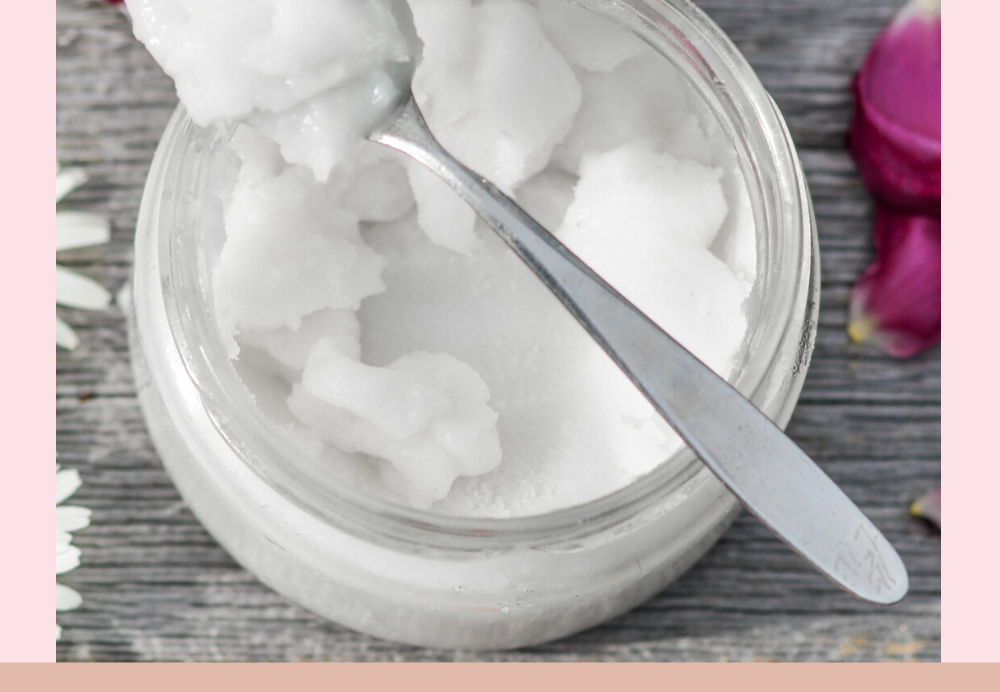The most important point to remember when purchasing coconut oil is that it should ONLY be cold-pressed coconut oil. There are several methods of oil extraction that uses heat and other chemical processes. None of those are beneficial to you. So, here is how to use and store coconut oil.
Go for the cold-pressed oil. Oil that’s extracted using this method is safe, healthy and relatively pristine. Just like the name suggests, the oil is extracted by forcefully pressing the coconut using a machine. This will give you pure, virgin coconut oil.
So how do you store it?
Easily, that’s how. All levity aside, all you need to do is place it in a cool, dry place. You do not need to refrigerate it. However, if you don’t think that you could consume it all within 60 days of opening the bottle, you may refrigerate it to prevent it from going rancid. Just a suggestion, but not necessary.
Depending on where you bought the coconut oil from, it could either be in liquid form or have a white chunky appearance. This is due to oxidation.
Many people get confused when they expect to see an oil, but the coconut oil appears thick. This is normal. When you use a heated spoon or even place a bit of the thick oil on your palm, it will become a liquid and resemble any other oil.
Your coconut oil can last for about two to three years. The bottle the oil comes in will have an expiry date in most cases. Just follow that and you’ll be fine.
How do I use coconut oil?
There are so many ways that if they were all listed here, this article would be a book. If you’re frying foods lightly, coconut oil is healthier than the hydrogenated vegetable oils sold in most supermarkets. These oils are inflammatory and are detrimental to your health… while coconut oil is anti-inflammatory and highly beneficial.
If you’re consuming coconut oil for health reasons, one tablespoon a day will do. This is a calorie-dense food and can lead to weight gain if you’re not careful. Mixing one tablespoon of coconut oil in your morning coffee and drinking it will more than suffice.
Coconut oil can be used for baking too. In fact, it can be used to replace the oil that you normally use. The only time you may wish to use another oil like virgin olive oil is if you’re making pasta or salad and the coconut oil may have too strong a taste.
Once again, it all depends on your personal preferences. Initially, some people may find the smell of the coconut oil pungent or the taste too strong for their liking. To develop an acquired taste for it will require them to take very small doses daily. Over time, they will like it.
This is a miracle food with so many benefits that you have everything to gain and nothing to lose by consuming it. Some people may wonder if they need to get coconut oil that’s organic.
This is difficult to find… and generally, organic products are more important when the skin of the fruit is thin. For example, apples, strawberries, grapes and so on. The worry is that the pesticide residue may be absorbed by the plant.
A hard coconut is generally much safer, and you don’t need to be overly concerned about whether it’s organic. What matters is that it’s cold-pressed and you consume the required amount daily (1 or 2 tablespoons). Make coconut oil a part of your diet and you’ll never look back.
Disclaimer: This blog post contains affiliate links to products and services I am passionate about. Purchasing via these links won’t cost you any extra but it will help me enormously.
This website is written by a regular human. I am not a Health Professional. Please get professional medical advice for your specific health needs.


